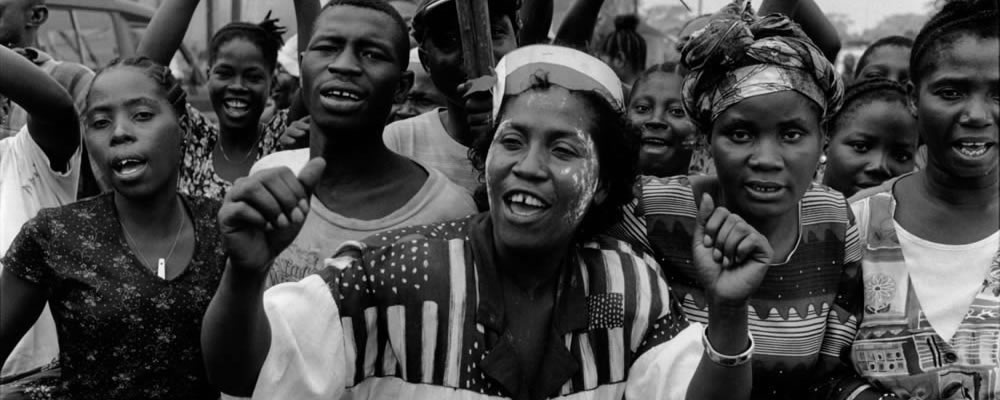Gender refers to the learned social differences between women and men. These differences change over time and have wide variations, both within and between cultures. Women and men experience transition processes differently, because of the gender roles assigned to them in their societies. Specific measures are required to ensure that the needs and ambitions of men and women of the different age-groups are catered for. Further, programmes must be designed and monitored as such that they do not reinforce subordinate positions of women to men in society and ideally would have a gender transformative effect. Equally, the male side of the gender equation must be fully understood, which requires questioning masculine values and society’s expectations of male behaviour. Transitions may involve gender role changes and fluidity, thus providing windows of opportunities for change toward a society with improved gender equity and respect. In addition to gender, it is crucial that programmes are inclusive in terms of ethnicity, religion, social class and political orientation. This has led to the concept of Gender and Social Inclusion (GESI), adopted by TI. TI promotes the importance of GESI all the work we undertake and provide the following specific services:
Training
- Training on gender responsive and inclusive programming
- Training on (S)GBV programming
- Training on gender-responsive DDR and SSR
Advisory Services
- Design of gender-inclusive reintegration programmes
- Mainstreaming of gender and social inclusion in broader programmes
- Design of Women Economic Empowerment programmes and projects
- Design and evaluation of (S)GBV programmes
- Gender responsive monitoring and budgeting, such as on UNSC resolution 1325
- Drafting gender strategies, policies, frameworks and indicators for national governments and international organisations
- Capacity development for civil society organisations and networks working on gender
Knowledge Development
- Conducting research on gender and masculinity in conflict transition processes
- Gender analyses for programming
- Impact evaluations of gender programmes
- Gender analyses for private sector development programmes

